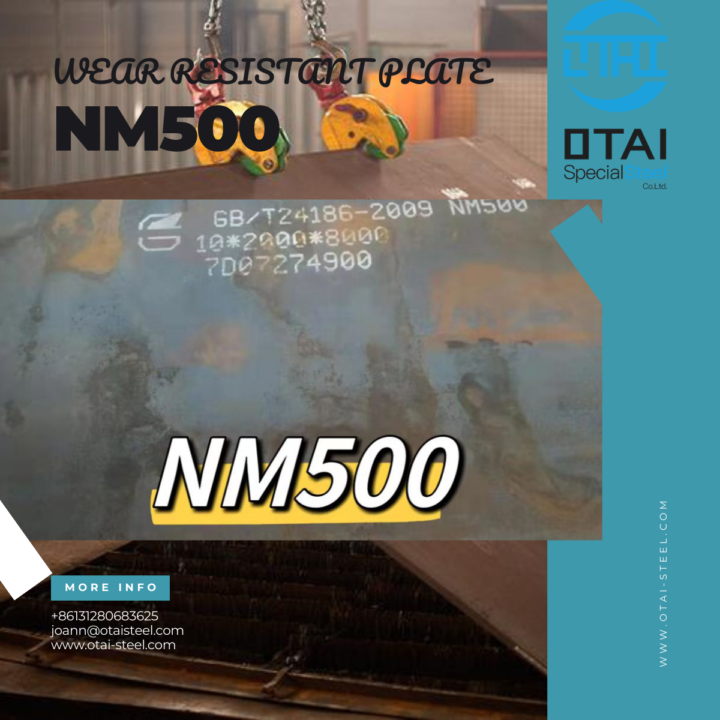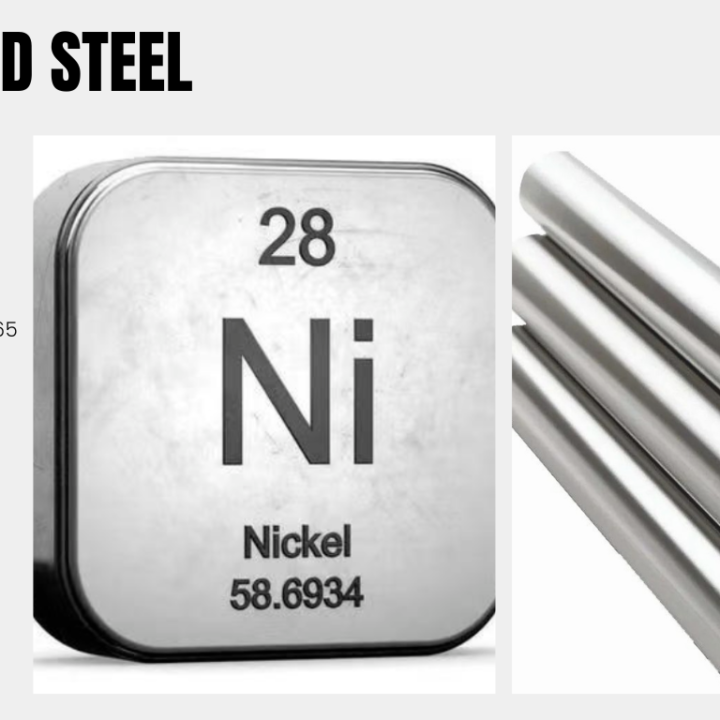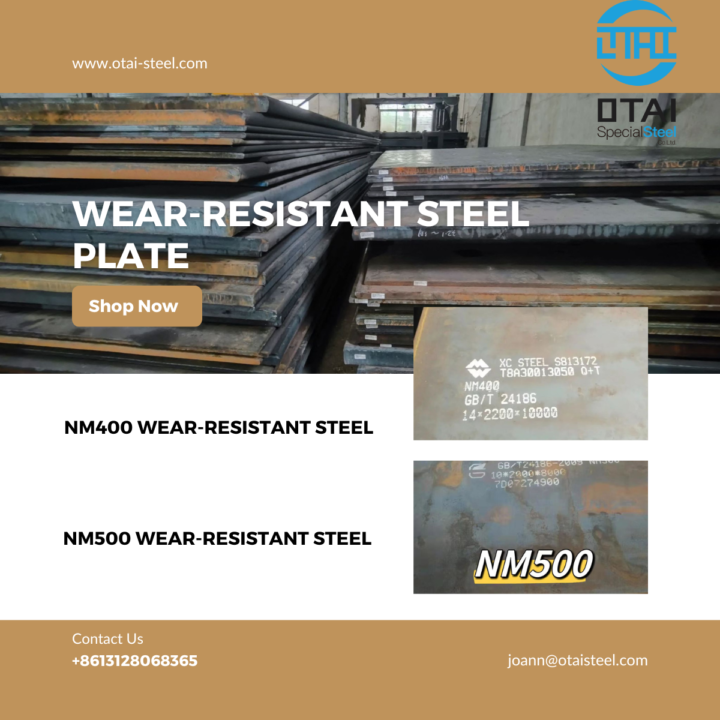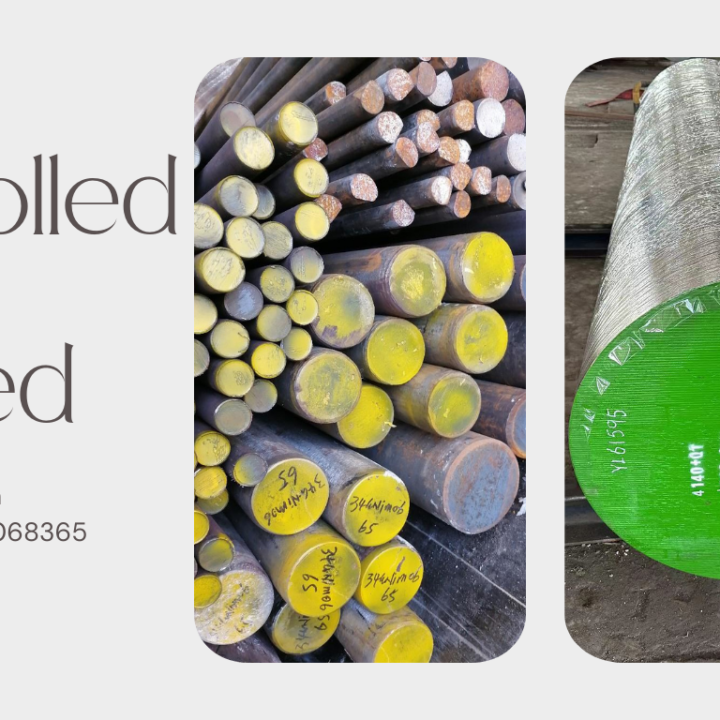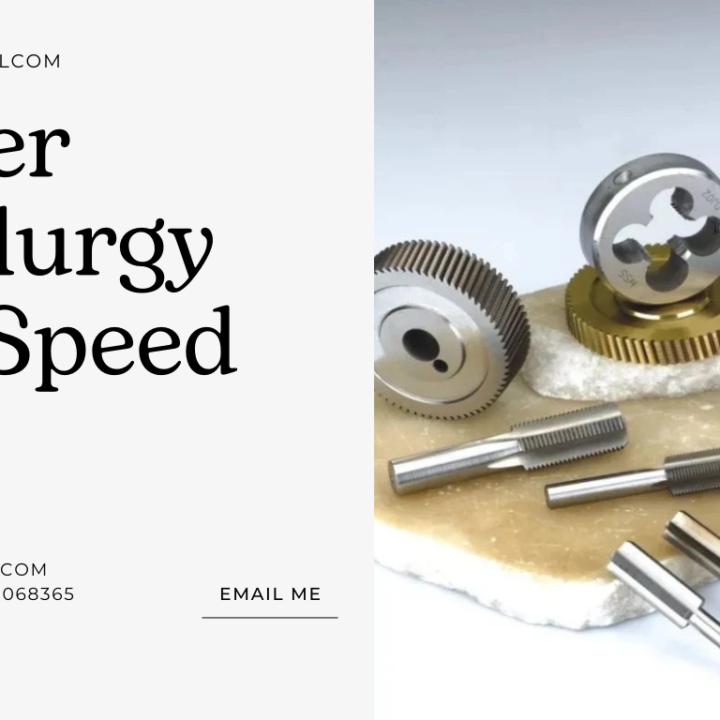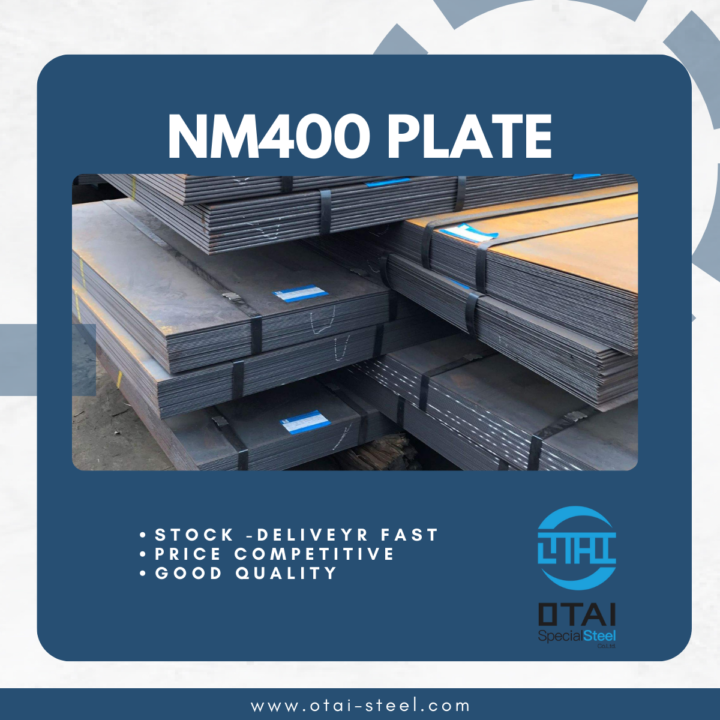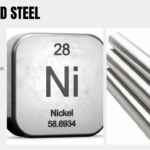Cr in steel is one of the main composition composing steel, and its content directly affects the corrosion resistance and hardenability of steel. What are the main effects of Cr in steel? Last artical we talked about the relationship between Nickel(Ni) and steel. This article details the properties, microstructure, and application of Cr on steel.
Chromium(Cr) on the microstructure and heat treatment of steel
- Chromium and iron can form a continuous solid solution and reduce the austenite phase area. Chromium forms various carbides with carbon, and its affinity with carbon is greater than iron and manganese but lower than tungsten, molybdenum, etc.
- Chromium can reduce the concentration of carbon in pearlite and the ultimate solubility of carbon in austenite.
- Slow down the decomposition rate of austenite and significantly improve the hardenability of steel, but also increase the temper brittleness tendency of steel.
The influence of chromium(Cr) on the mechanical properties of steel
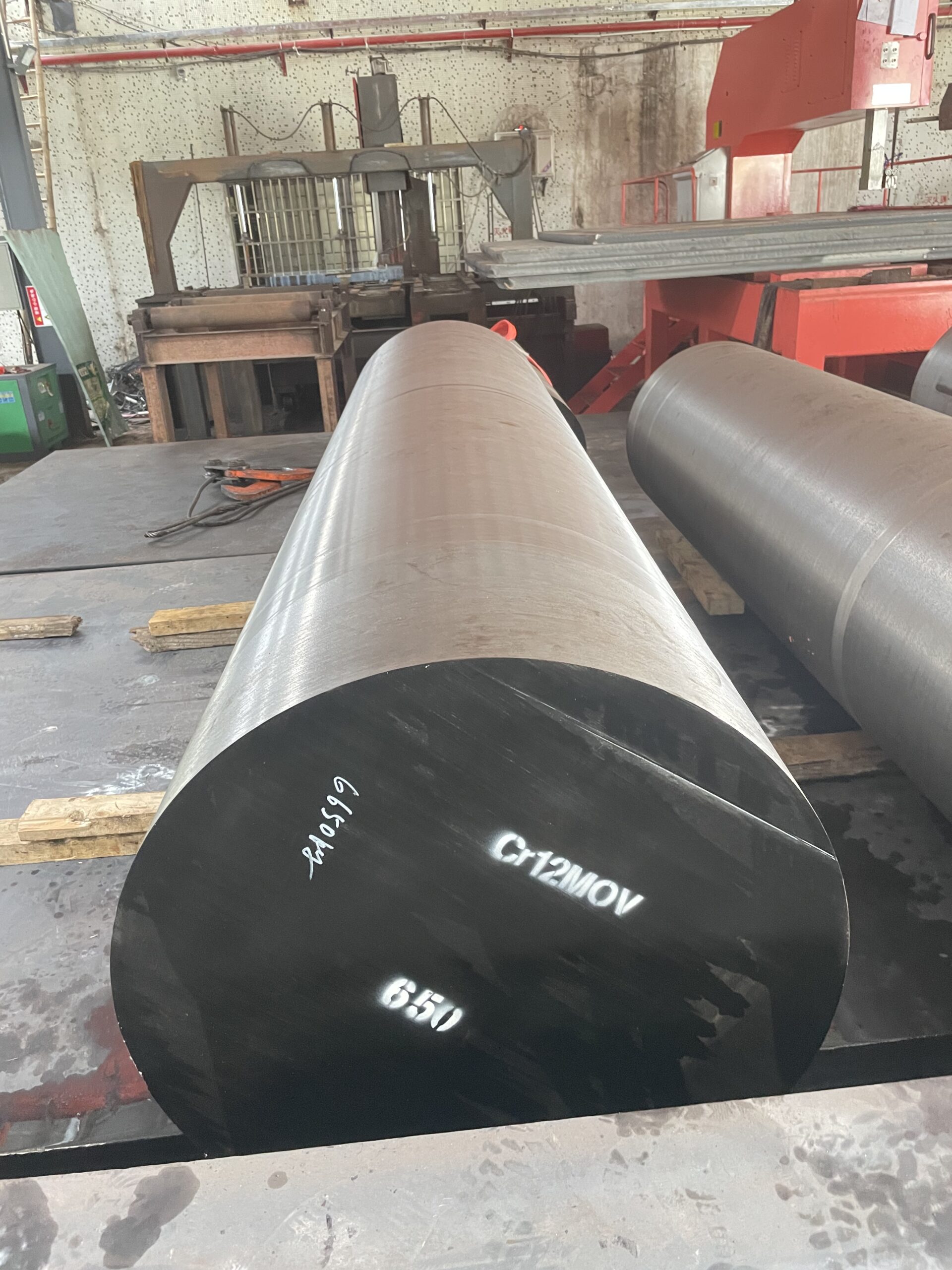 Improve the strength and hardness of steel. Chromium can improve the strength and hardness of carbon steel in its rolling state, and reduce the elongation and area shrinkage. When the chromium content more than 15%, the strength and hardness will decrease, and the elongation and area reduction will increase accordingly. Parts containing chromium steel can easily obtain higher surface processing quality after grinding.
Improve the strength and hardness of steel. Chromium can improve the strength and hardness of carbon steel in its rolling state, and reduce the elongation and area shrinkage. When the chromium content more than 15%, the strength and hardness will decrease, and the elongation and area reduction will increase accordingly. Parts containing chromium steel can easily obtain higher surface processing quality after grinding.- Chromium can increase the hardenability of steel and have a secondary hardening effect, which can improve the hardness and wear resistance of carbon steel without making the steel brittle. When the content more than 12%, the steel has good high-temperature oxidation resistance and oxidation corrosion resistance, and also increases the thermal strength of the steel, such as Cr12MoV. Chromium is the main alloying element of stainless steel, acid-resistant steel and heat-resistant steel.
- Significantly increase the ductile-brittle transition temperature of steel.
- The impact toughness drops sharply when the chromium content is high.
The influence of chromium(Cr) on the physical, chemical and process properties of steel
- Improve the wear resistance of steel and easily obtain lower surface roughness values. The electroplating industry widely uses chromium plating technology to improve the wear resistance and aesthetics of products, as shown in the figure below.
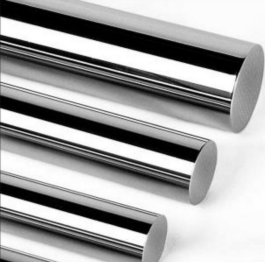
- Reduce the conductivity and temperature coefficient of resistance of steel.
- Improve the coercive force and residual magnetic induction of steel, and are widely used in the manufacture of permanent magnet steel tools.
- Chromium forms a passivation film on the surface of steel, which significantly improves the corrosion resistance of steel; but when carbides containing chromium precipitate, the corrosion resistance of steel decreases.
- Improve the oxidation resistance of steel.
- Dendritic segregation is easy to form in chromium steel, which reduces the plasticity of the steel.
- Since chromium reduces the thermal conductivity of steel, one must slowly heat it during hot processing and slowly cool it after forging and rolling.
Application of Chromium(Cr) in Steel
- Chromium is mainly used in alloy structural steel to improve hardenability, and chromium-containing carbides can be formed on the carburized surface to improve its wear resistance.
- Chromium and other elements are used in spring steel to improve the overall performance of the steel.
- The use of chromium in bearing steel improves wear resistance and has the advantages of small surface roughness after grinding.
- In tool steel and high-speed steel, it mainly use chromium to improve wear resistance, and it has certain advantages such as tempering resistance and toughness.
- Chromium often applicate in combination with manganese, nitrogen, and nickel in stainless steel and heat-resistant steel. When austenitic steel needs to form, there must be a certain ratio between chromium that stabilizes ferrite and manganese and nickel that stabilize austenite. Such as Cr18Ni9, etc.
Want to know more about information about the Cr in steel ? Please contact :
